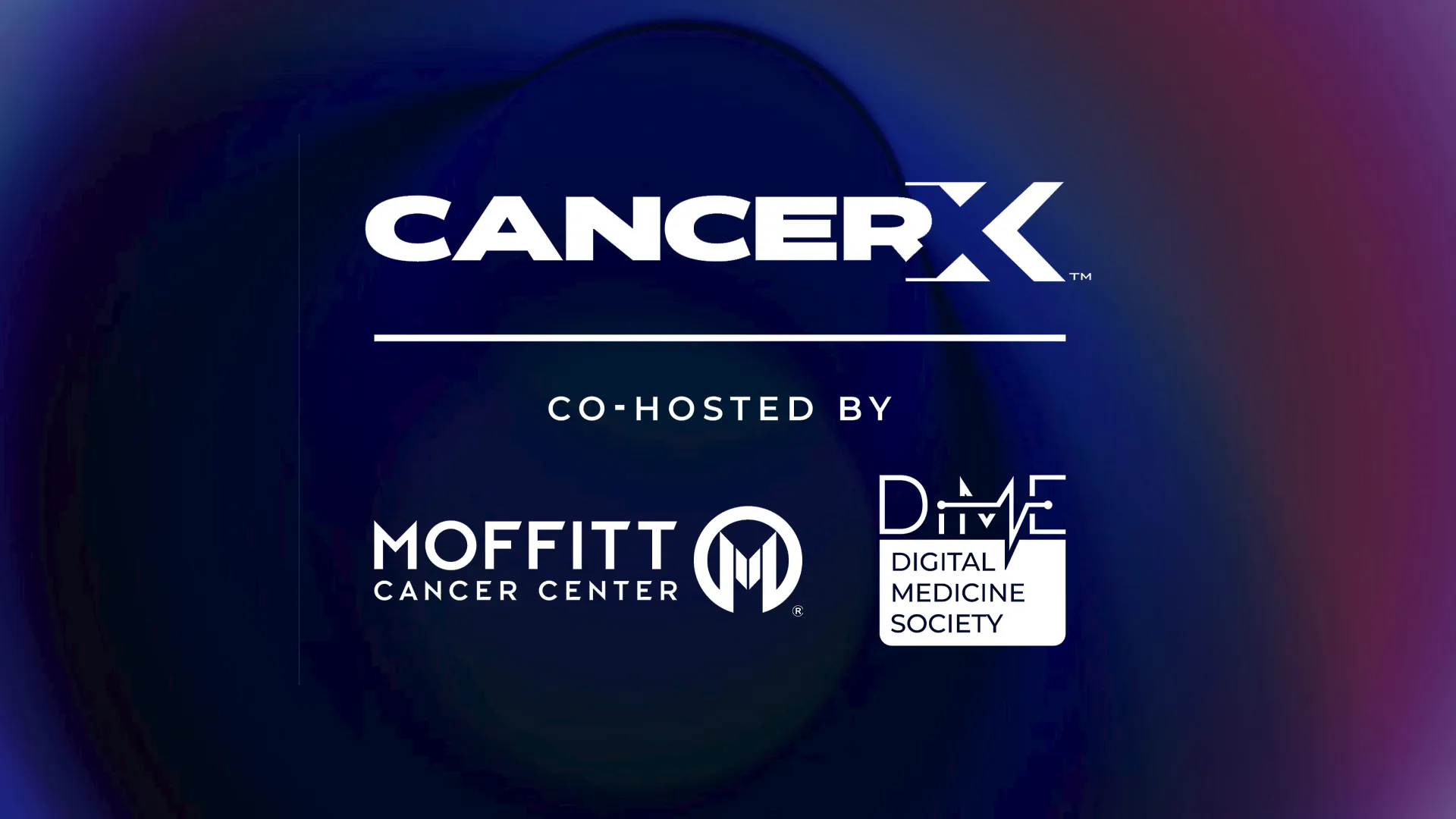Blog posts


Compounding interest: Why “good enough” data is good enough for agentic AI
Let’s ask a trick question.
Do you think your organization’s data is ready for AI, or AI Agents?
Most sponsors and CROs instinctively answer “not yet.” What this really means is that they don’t believe their data isn’t fully centralized, dictionaries aren’t perfectly aligned, and too many systems still operate in parallel. The result is that AI gets parked on the roadmap, waiting for a future state where everything is clean, standardized, and coordinated.
Here’s the twist; waiting for that moment is very thing holding organizations back.
When it comes to implementing agentic AI, the bigger risk right now isn’t imperfect data. Instead, it’s waiting for perfection before acting.


Patient Perspectives: Surveys reveal what works best for patients
Since 2018, Medable has employed a network of patients and caregivers whose job is to help improve the clinical trial experience for participants, sites, and coordinators. Their work is designed to help facilitate equitable, inclusive, and diverse clinical trials. They are called the Patient Caregiver Network (PCN).
Medable’s PCN is comprised of over 80+ members representing various indications who have each participated in, or assisted with clinical conduct.
With the landscape of pharma shifting, Medable recently surveyed its network to identify what’s working, and what isn’t, in the world of digital evidence generation. We’ve collected their responses and are summarizing their sentiments below in order to help further clinical research and to help bring effective therapies to patients faster.


You asked, we answered: How long to plan for your first eConsent implementation
Implementing digital informed consent (or eConsent) in clinical trials can be challenging and complex, but it doesn’t have to be! One of the main reasons for this difficulty is the traditional mindset and habits of conducting clinical trials. Clinical trials have long relied on paper-based informed consent process, and making the switch to a digital solution requires a significant shift in mindset and approach. Additionally, different stakeholders, such as study sponsors, ethics committees, regulators, sites and patients, may have different expectations, perceptions and requirements for eConsent implementation, adding to the complexity of the process. Therefore, careful planning, communication, and a thoughtful execution are essential for the success of an eConsent implementation and adoption in studies.
.webp)

DIA 2023 Recap: Discover DIA’s biggest news and top trends
Over the last four days, the DIA 2023 conference has Illuminated downtown Boston as thousands of “industry, regulatory, government, academics, and patients” come together to “problem-solve, and discuss global and local challenges facing the life sciences community.”
Much like JP Morgan week and SCOPE before it, what happens at DIA often makes waves across our industry, helping set the tone for our future.
Thus, we’re providing some of the biggest and brightest takeaways from this week’s conference below.


You asked, we answered: How to expedite the eICF ethics review process
Obtaining approval of an electronic informed consent doesn’t have to be a complex and time-consuming process. While the review process involves multiple stakeholders, including sites, sponsors, Ethics Committees (ECs), Institutional Review Boards (IRBs), and Health Authorities (HAs). Researchers and study teams are constantly looking for ways to streamline their processes and improve efficiency.
While the paper consent review process has remained the same, we have seenmany layers of improvements and efficiencies around electronic informed consent forms (eICFs). eICFs have emerged as a solution to help participant understanding and engagement, trials accessibility, and improve data quality.
However many researchers still are hesitant to adopt due to concerns about the submission process, timelines, and regulatory compliance. In this blog, we will discuss how to overcome these obstacles and streamline the ethics review process by adopting eICFs.


Patient perspectives: Oncology preferences from patients and caregivers on trial technology
This summary looks at DCT patient and caregiver preferences regarding eConsent, telehealth, wearables, and other digital technologies in the area of oncology. There are differences noted between age, gender, and specific types of cancers.
During the pandemic, there was a surge in telehealth visits in medical oncology. Some of the telehealth benefits include convenience, the immediacy of results, news processing, family comfort, and privacy during the receipt of bad news. Although patient preference is individual in nature, there are some common themes. Telehealth has also increased access to medical care and clinical trials (Granberg, et al 2021).
A randomized study for patients undergoing radical prostatectomy showed that those who do accept telehealth visits report a positive view of telehealth. Another study shows that 92% of patients who had telehealth visits were satisfied with the visit. A survey reported that 32% of thyroid cancer patients reported video-based healthcare. Another advantage of telehealth noted by patients is the convenience, especially for short visits with a long commute. The COVID-19 pandemic has had a large positive influence on video visits. These studies noted that only included patients who spoke English and accepted video visits (Granberg, et al 2021).


Medable joins CancerX alliance to further the Cancer Moonshot
Along with some of the best companies in the world, Medable is proud to join CancerX as a founding member. This alliance is co-hosted by the Moffitt Cancer Center and the Digital Medicine Society (DiMe), alongside the Office for the National Coordinator for Health Information Technology (ONC) and Office of the Assistant Secretary for Health (OASH).
.webp)

Medable perspective: Three points on FDA eCOA guidance
At the beginning of April 2023, the FDA published a draft of the fourth in a series of Guidance Documents entitled “Patient-Focused Drug Development: Incorporating Clinical Outcome Assessments (COA) Into Endpoints For Regulatory Decision-Making”. Once finalized these four documents will be combined and will replace the 2009 Guidance, “Patient-Reported Outcome Measures: Use in Medical Product Development to Support Labeling Claims”. Part 3, which was released in draft in June 2022, provides advice around the development and validation of new COA (including the modification of existing COA).


Patient perspectives: Nine updated technology tips for deploying eConsent from Medable’s PCN
Since 2018, Medable has grown a network of patients, caregivers, and care partners whose job is to help improve the clinical trial experience for participants.
Known as the Patient Caregiver Network (PCN), they regularly update their best practices, including recently refreshing their technological best practices around deploying eConsent.
We’re sharing them below to help continually promote the participant's voice and to help foster more equitable, inclusive, and diverse clinical trials


Quality by design: How eCOA improves oversight and participant data quality
eCOA has the power to ease clinical research for all stakeholders. When developing and refining our eCOA offering, we consulted with our own Participant & Caregiver Network (PCN) to provide feedback on design. This allowed us to build our eCOA and the wider platform it fits within in a way that fosters better oversight, and better clinical trial data.


Podcast: Michelle Longmire and David Fajgenbaum of EveryCure join the PharmaExec podcast
Medable CEO Michelle Longmire and Dr. David Fajgenbaum, co-founder of EveryCure, join Pharmaceutical Executive podcast to talk about their partnership adn navigating the regulatory landscape.






